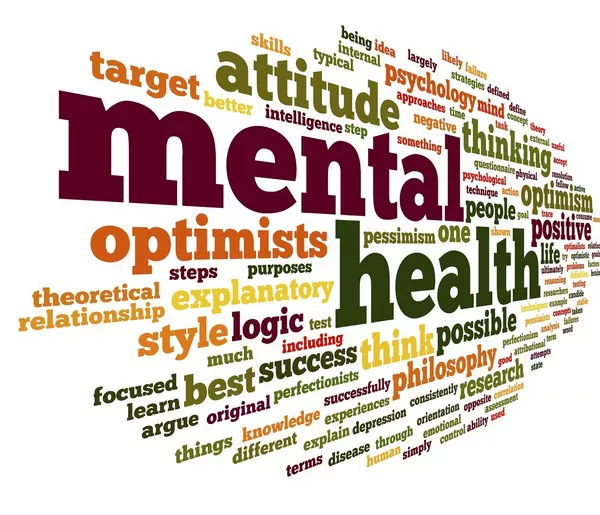In the realm of psychology and interpersonal relationships, attachment styles play a significant role in shaping how we connect with others. Anxious attachment is one such style that can deeply impact how individuals perceive and engage in relationships. This article will comprehensively explore what it means to have an anxious attachment, examining its defining characteristics, potential effects, and strategies for managing it.
Understanding Anxious Attachment
Anxious attachment, often referred to as anxious-preoccupied attachment, is a psychological concept rooted in attachment theory. Individuals with this attachment style tend to feel insecure and uncertain about their relationships. They crave emotional closeness and validation from their partners but may constantly worry about rejection or abandonment. This attachment style develops during childhood due to inconsistent caregiving, leading to a lack of confidence in the reliability of others.
Key Characteristics
1. Constant Need for Reassurance: People with anxious attachment seek reassurance from their partners regularly. They may repeatedly ask for verbal affirmations of love and may interpret even minor changes in communication as signs of trouble.
2. Fear of Abandonment: Anxious attachers are plagued by a fear of being abandoned or left behind. This fear can lead them to become clingy or overly dependent on their partners.
3. Overanalyzing Interactions: Individuals with anxious attachment often scrutinize every interaction, looking for hidden meanings in words and actions. They may magnify small issues, leading to unnecessary conflicts.
Effects of Anxious Attachment
1. Relationship Strain: The constant need for reassurance and fear of abandonment can strain relationships. Partners might feel overwhelmed by the emotional demands, leading to frustration and distancing.
2. Emotional Rollercoaster: Anxious attachers experience emotional highs and lows. Their moods are heavily influenced by the state of their relationships, making it challenging to maintain emotional stability.
3. Self-Esteem Impact: Anxious attachment can negatively affect self-esteem. The reliance on external validation for self-worth makes individuals vulnerable to feeling inadequate.
Strategies for Managing Anxious Attachment
1. Self-Awareness: Recognizing and acknowledging your attachment style is the first step. Self-awareness helps you understand how your attachment style affects your behavior and relationships.
2. Communication: Open and honest communication with your partner is crucial. Express your feelings and fears, helping your partner understand your needs and work together to find solutions.
3. Developing Independence: Building self-confidence and self-reliance can help reduce the need for constant reassurance from others. Engage in activities that boost your self-esteem.
4. Mindfulness and Relaxation: Practices like mindfulness and relaxation techniques can help manage anxiety. They allow you to stay present and reduce the tendency to overthink interactions.
5. Therapy and Support: Consider seeking therapy to explore the root causes of your anxious attachment. A therapist can provide guidance and tools to help you develop healthier relationship patterns.
Conclusion
In conclusion, having an anxious attachment style can significantly impact how individuals navigate their relationships and emotions. By understanding the defining characteristics and potential effects of anxious attachment, individuals can take proactive steps to manage this attachment style. Through self-awareness, effective communication, personal growth, and professional support, it’s possible to foster healthier and more fulfilling relationships. Remember that change takes time, but with dedication and effort, managing anxious attachment is an achievable goal that can lead to greater emotional well-being.


